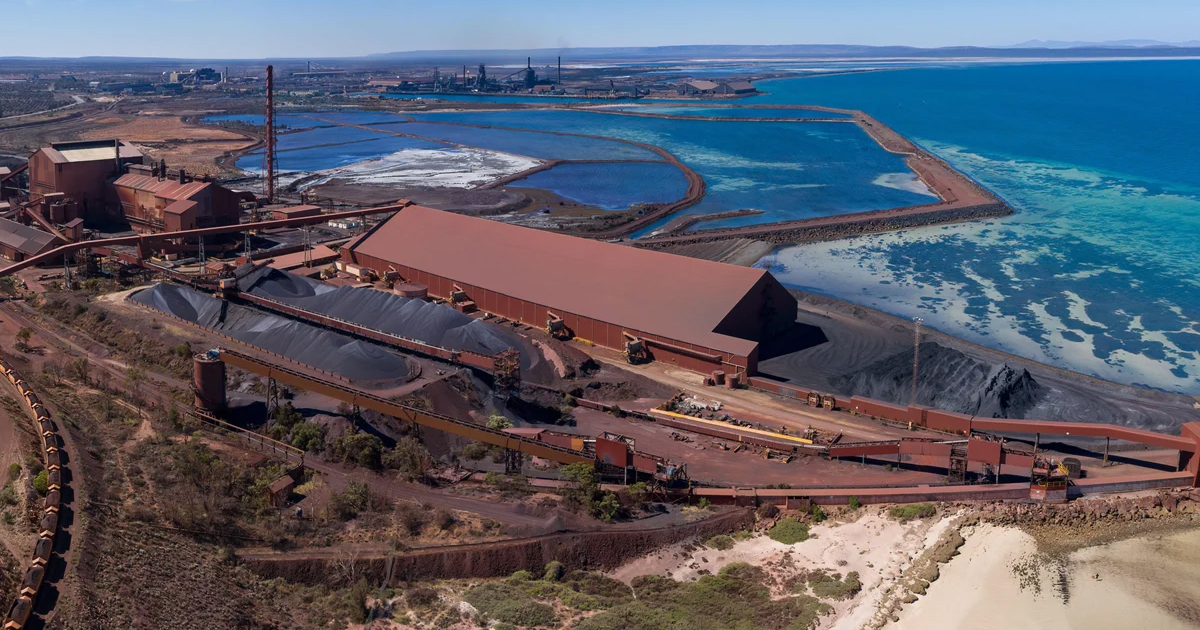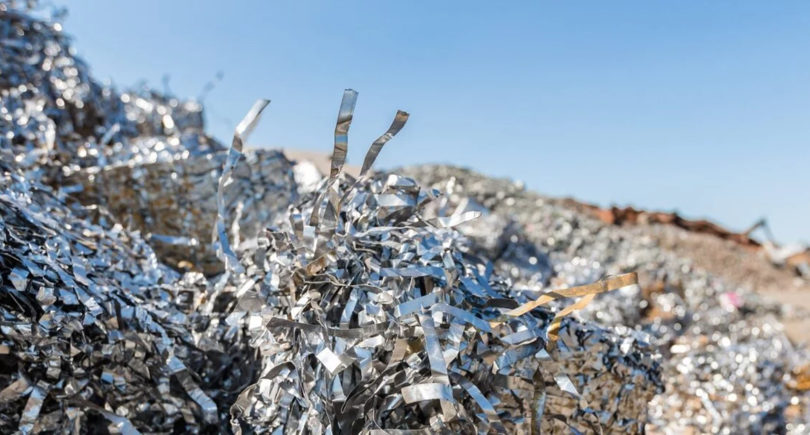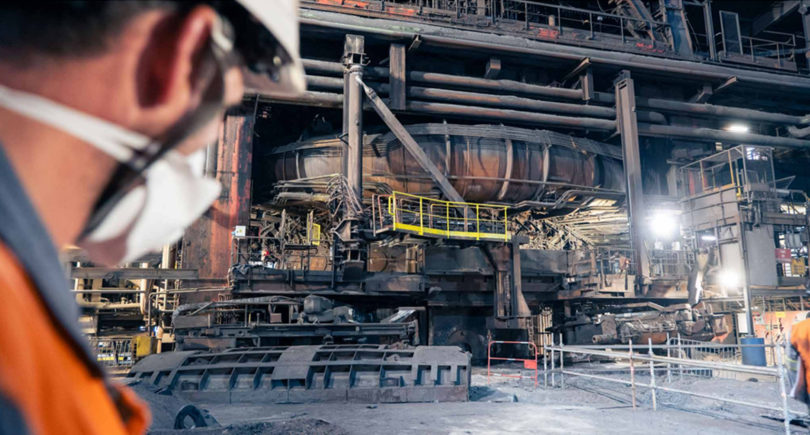
News Companies Liberty Steel 292 24 June 2025
Global steel producers with green ambitions are showing interest in the asset owned by Sangeet Gupta's GFG Alliance
The Australian government has officially begun the process of selling the Whyalla Steelworks, which has been under external administration since February 2025. The plant, once a key asset of Sanjiv Gupta’s GFG Alliance, could now be acquired by a global player interested in developing low-carbon steel production, according to Reuters.
Australian Industry Minister Tim Ayres said that selected potential buyers have already been given access to a closed virtual database where they can conduct an initial review of the asset and prepare non-binding offers. According to the official, several international companies interested in transforming the plant into an environmentally friendly production facility have expressed interest.
The plant in South Australia ran into financial trouble earlier this year because of the company’s debts to creditors. This forced the federal and state governments to put together a $1.9 billion AUD ($1.23 billion) support package. The sale process is being handled by administrator KordaMentha and financial company 333 Capital.
GFG Alliance has not yet commented on the situation. In March, it stated that it remained the largest creditor of Whyalla Steelworks with claims of $347 million.
It should be noted that the sale of the Whyalla plant is further evidence of Liberty Steel’s rapid decline in the global steel market.
The company, which just a few years ago was aggressively buying up assets in Europe and positioning itself as one of the leading players outside China, found itself in a deep crisis after the collapse of its main creditor, Greensill Capital. A number of the group’s enterprises in Poland, the Czech Republic, Belgium, Luxembourg, and Hungary have been declared bankrupt or are in the process of liquidation. Even despite attempts at restructuring, state support, and attracting new investors, most of Liberty Steel’s steel assets remain unprofitable, and governments are forced to intervene to avoid socio-economic consequences.
Read more in the GMK Center article.



